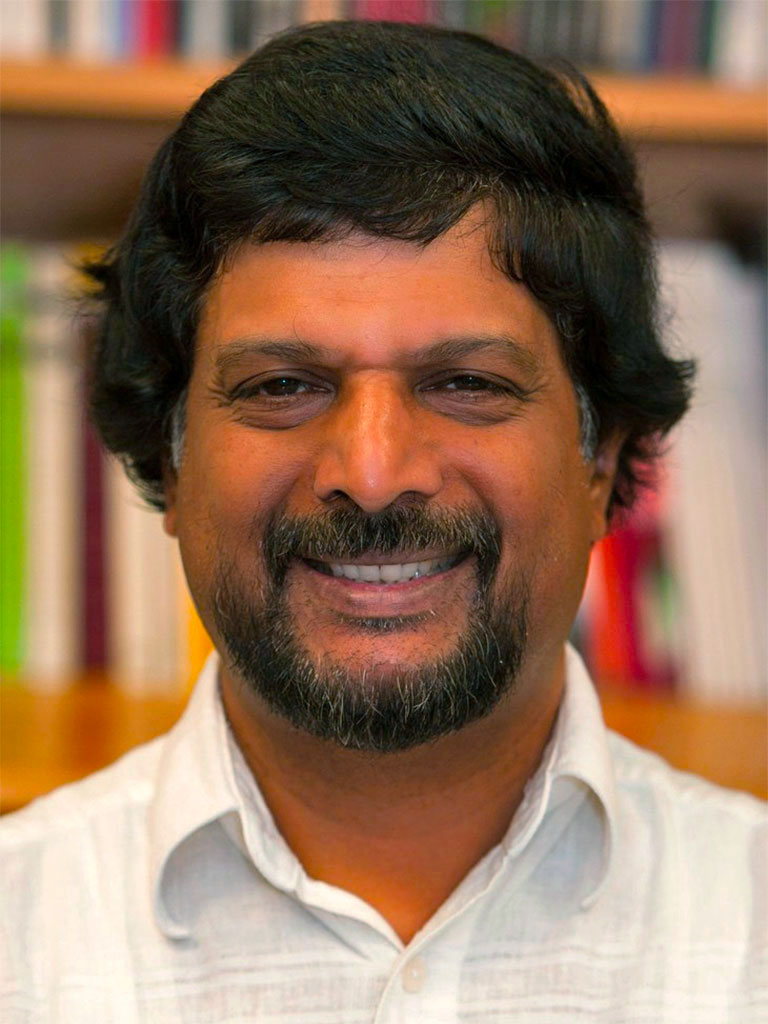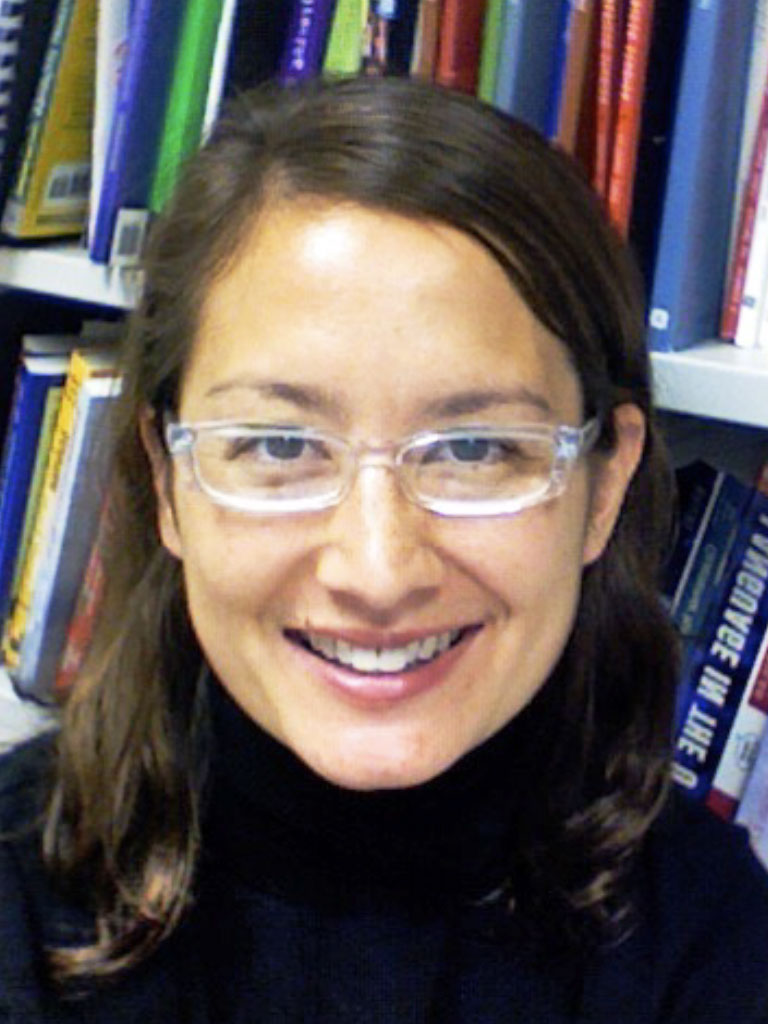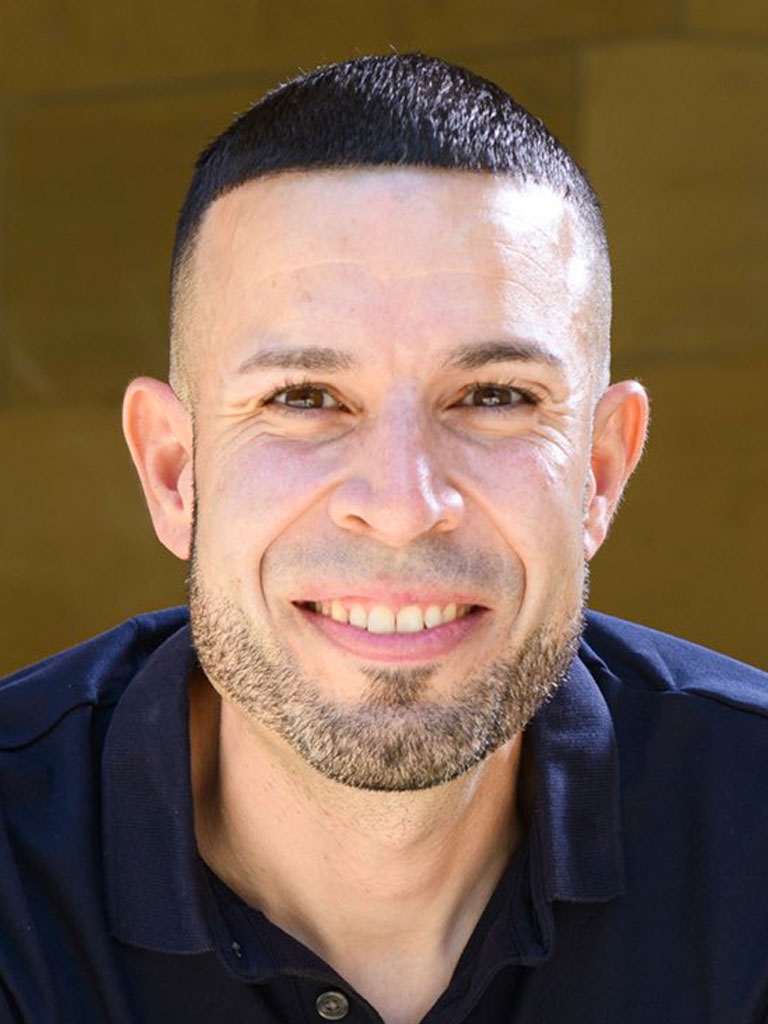Keynote Speakers

Suresh Canagarajah
Pennsylvania State University
Suresh Canagarajah is the Edwin Erle Sparks Professor of English, Applied Linguistics, and Asian Studies at Pennsylvania State University. He teaches World Englishes, Multilingual Writing, Decolonial Studies, and Disability Rhetoric in the departments of English and Applied Linguistics. Suresh comes from the Tamil-speaking northern region of Sri Lanka. He has taught before in the University of Jaffna, Sri Lanka, and the City University of New York. His most recent publication is Language Incompetence: Learning to Communicate through Cancer, Disability, and Anomalous Embodiment (Routledge, 2022). His publication Translingual Practice: Global Englishes and Cosmopolitan Relations (Routledge, 2013) won the best book award from the American Association of Applied Linguistics, British Association of Applied Linguistics, and the Modern Language Association of America. Suresh was formerly the editor of the TESOL Quarterly and President of the American Association of Applied Linguistics. He currently serves in the Pennsylvania State Law Enforcement Citizen Advisory Commission, established through the executive order of the governor of Pennsylvania to improve policing practices in the state. He also co-ordinates the “Consortium for Democratizing Academic Publishing and Knowledge” to mentor minoritized scholars.
Traversing Contact Zones: Mobilities from the Global South and North
The much touted “mobility turn” or “mobilities paradigm” (Urry 2000; Buscher, Urry, and Witchger 2011; Faist 2013) disregards that translocal contact has always been there in human history. Such myopic discourses suggest the hegemony of mobility tropes since 14th century European modernity which have shaped social spaces and academic discourses. They have damaged the prospects of transforming contact zones into shared commons for reciprocal relationships between humans and nonhuman beings. Language has accompanied and shaped these colonizing mobilities. However, discourses and practices of mobility from my heritage South Asian tradition offer a different vision for ethical negotiations in contact zones. I will narrate how I have myself traversed the dark side of mobility during a 500-year history of colonization by European nations, and displacement during the postcolonial ethnic conflict in Sri Lanka. I will conclude by illustrating how my community interacts in present day contact zones by drawing from the resilient habitus from its ancient heritage to engage in resistant thinking, translingual communication, and diasporic “placemaking”.

Angela Reyes
HUNTER COLLEGE, CITY UNIVERSITY OF NEW YORK (CUNY)
Angela Reyes is Professor and Chair of the Department of English at Hunter College, City University of New York (CUNY) and Doctoral Faculty in the Program in Anthropology at the CUNY Graduate Center. Reyes works on theories of semiotics, racialization, and coloniality. Her research examines historical and contemporary formations of language and personhood in the U.S. and the Philippines. Her books include The Oxford Handbook of Language and Race (co-edited with H. Samy Alim and Paul Kroskrity), Discourse Analysis Beyond the Speech Event (co-authored with Stanton Wortham), Beyond Yellow English: Toward a Linguistic Anthropology of Asian Pacific America (co-edited with Adrienne Lo), and Language, Identity, and Stereotype Among Southeast Asian American Youth: The Other Asian.
Ideologies of Contact: How “Mixed” Languages and Races Become Things
To say that things are in “contact” is to presuppose that these things are “things,” entities once distinct and separable before their encounter. But how do things become things? And how do things become “mixed”? This talk considers how “mixed” languages and races become things through ideologies of contact. Drawing on sociolinguistic fieldwork on postcolonial elite formations at a private university in the Philippines, this talk explores how European and Filipino languages and races were regarded as entities whose contact produced consequences: linguistic and racial hybridity and linguistic and racial deauthentication. Through ongoing ideologies of contact, colonial hierarchies persist by identifying “mixed” elements within nested categories of the formerly colonized, inventing elite types that are both denigrated and admired for their supposed approximation to imperial modes of being and speaking.

Jonathan Rosa
STANFORD UNIVERSITY
Jonathan Rosa is Associate Professor in the Graduate School of Education, Center for Comparative Studies in Race and Ethnicity, and, by courtesy, Departments of Anthropology, Linguistics, and Comparative Literature at Stanford University. He is also Director of Stanford’s Program in Chicanx-Latinx Studies and President of the Association of Latina/o and Latinx Anthropologists of the American Anthropological Association. Rosa’s research centers on joint analyses of racial marginalization, linguistic stigmatization, and educational inequity. He is author of the award-winning book, Looking like a Language, Sounding like a Race: Raciolinguistic Ideologies and the Learning of Latinidad (2019, Oxford University Press), and co-editor of the volume, Language and Social Justice in Practice (2019, Routledge). His work has appeared in scholarly journals such as Harvard Educational Review, American Ethnologist, Journal of Linguistic Anthropology, and Language in Society, as well as media outlets such as The New York Times, The Nation, NPR, and Univision.
Undoing Competence:Coloniality, Homogeneity, and the Overrepresentation of Whiteness in Applied Linguistics
Conceptualizations of competence, which permeate applied linguistics, systematically fail to account for the role of racialization in language learning. Building on collaborative work with Nelson Flores to conceptualize the framework of raciolinguistic ideologies as a project of undoing appropriateness, this presentation seeks to draw on raciolinguistic perspectives to undo competence. To interrogate the racialization of competence, I first examine its emergence in conjunction with the ideological construction of linguistic homogeneity as central to the naturalization of race within the context of European colonialism. I then examine how ideas about linguistic competence took shape jointly with a genre of the human that is overrepresented as white and how this same genre of the human informed foundational conceptualizations of communicative competence. After examining relevant examples of how communicative competence has been taken up in ways that reify this racializing ideology, I end with alternative conceptualizations of language learning goals that draw from worldviews of racialized communities and refuse universalizing conceptions of competence as the desired outcome.

